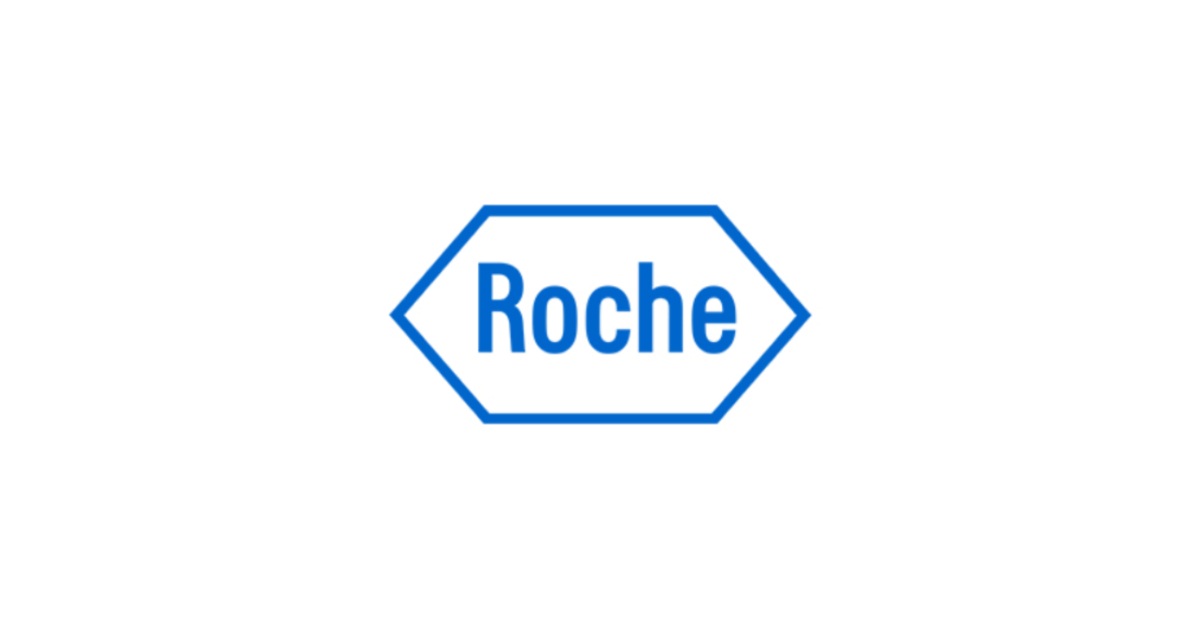
Organization Description
Roche (formally F. Hoffmann-La Roche AG) is a Swiss-based multinational pharmaceutical and diagnostics company. As of 2024, it is the second-largest pharmaceutical company worldwide and is the top supplier of cancer therapies despite three of its recent cancer blockbusters having lost patent exclusivity in the 2020s.
Trontinemab
Trontinemab is a bispecific monoclonal antibody that targets aggregated forms of beta-amyloid, the root driver of neurodegenerative aging of the Alzheimer’s type (AD), and is engineered for greater blood-brain barrier penetration.
Trontinemab combines its primary beta-amyloid-binding antibody with a proprietary transferring receptor (TfR1) shuttle molecule, which Roche brands as its Brainshuttle technology. Roche scientists expect this feature to enable rapid clearance of beta-amyloid from the brain with low doses of antibody and possibly reduce the risk of amyloid-related imaging abnormalities (ARIA), the most worrisome side-effect of licensed therapies in this space, such as Eli Lilly and Company’s donanemab.
In July 2025, Roche made several announcements regarding progress with trontinemab. It stated that its ongoing Phase Ib/IIa Brainshuttle AD trial of trontinemab continues to report rapid and robust clearance of beta-amyloid plaques, with 91% of volunteers in the higher-dose cohort becoming negative for beta-amyloid on PET after 28 weeks of treatment and 72% achieving “deep” clearance (below 11 centiloids.on PET). Consistent with its disease-modifying mechanism of action, biomarkers of downstream molecular damage (phosphorylated Tau (pTau)181, pTau217, and neurogranin) were reduced in both CSF and plasma. Moreover, ARIA-E prevalence remains under 5% across both treated cohorts (versus three times that with its licensed competitors), with all cases being described as radiographically mild and only one subject experiencing “mild and transient” symptoms.
They also announced details of the design of the Phase III TRONTIER 1 and 2 trials of trontinemab for early symptomatic AD, which Roche expects to begin by the end of 2025, and also its plans for an additional Phase III trial of trontinemab in preclinical AD. This trial will test the antibody in asymptomatic persons at high risk of cognitive decline with evidence of beta-amyloid in their brains, with the intention of preventing the transition into symptomatic AD.
Elecsys pTau217 Assay
This is a new high-throughput, fully automated Elecsys assay for plasma ptau217. Plasma levels of fragments of the protein tau phosphorylated at amino acid 217 (ptau217) are a dramatic advance in AD diagnostics. It performs similarly to PET imaging or CSF levels of beta-amyloid in assessing brain beta-amyloid and aberrant tau deposition, as well as predicting future cognitive decline, but at a much lower cost and noninvasively. FDA awarded Roche’s Elecsys assay Breakthrough Device Designation fin 2024, and Roche will use it in the TRONTIER Phase III trials.
Some 75% of people with likely AD are undiagnosed, and those who have been diagnosed took an average of 2.8 years to get it. Inexpensive, minimally-invasive testing is expected to speed the development of new treatments and enable both prevention and better treatment.
